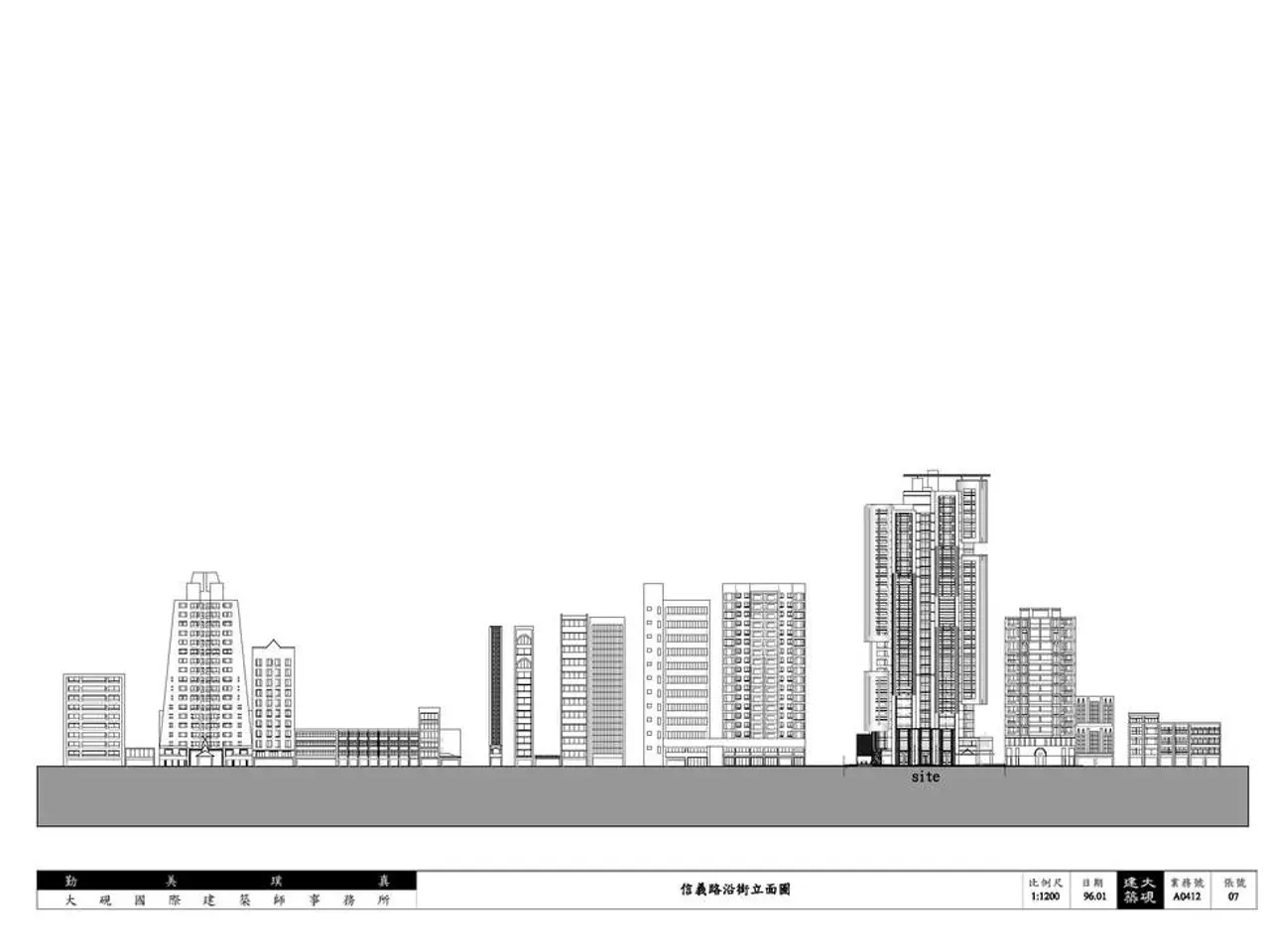Mysterious entity has been unleashed for extended period.
In Baden-Württemberg, Germany, the construction industry is undergoing a digital revolution, with Artificial Intelligence (AI) playing a pivotal role. The region is investing heavily in AI to become a pioneer in the digital transformation of the construction sector.
One significant development is the IPAI (Intelligent Process Automation and Artificial Intelligence) Campus in Heilbronn, which is evolving into a major AI hub. Spanning 30 hectares, the campus will host over 5,000 people involved in AI research and application development by the end of 2025. The IPAI platform facilitates collaboration among over 80 companies and institutions, indicating a strong ecosystem involving SMEs as well as larger enterprises.
The AI Offensive in Baden-Württemberg aims to support small and medium-sized enterprises (SMEs) in their digital transformation. Tayfun Tok, a digital construction expert for the Greens, submitted a motion to the state government to get an overview of the activities and funding of the state regarding AI in the construction industry.
Several funding measures and institutions are mentioned in response to this motion. The de:hub for applied AI in Karlsruhe, Digitalisierungspraemie Plus, regional AI labs, Innovation Park AI (IPAI) in Heilbronn, and Groundbreakers are all part of the state's efforts to promote AI adoption in the construction sector.
AI is being used in various ways in the construction industry. It can generate complex designs, calculate costs, suggest sustainable materials, and assist in space planning. However, its creativity is limited by the data it is fed, and it cannot replace human creativity and decision-making, as emphasized by Professor Tobias Wallisser at the Academy of Fine Arts in Stuttgart.
Professor Wallisser also stresses that AI cannot relieve humans of the need to think about what they want and why. Manfred Sautter, a deputy chairman of the Chamber of Architects Baden-Württemberg, supports further training in AI for the architectural profession. Sautter provides a positive example of the use of AI for routine tasks such as checking invoices and writing protocols.
Thomas Moeller, CEO of the Baden-Württemberg Construction Industry Association, states that AI can lead to productivity gains and help combat the skilled labor shortage. However, high costs, security concerns, and a lack of skilled labor are slowing down the development of AI in the construction industry.
The Academy of Fine Arts in Stuttgart offers courses on the topic of AI and its application in architecture. The State Academy of Fine Arts also offers courses on the application of AI for architecture students. The Chamber of Architects Baden-Württemberg also offers further training in AI.
The Ministry of Economic Affairs, Labor and Tourism, along with other ministries, has responded to the motion with a 13-page paper titled "Building the Future with AI - The Impact of Artificial Intelligence in the Construction Industry". The paper discusses the various applications of AI in the construction industry and emphasizes its targeted promotion over the past five years.
In summary, Baden-Württemberg is fostering a comprehensive approach to AI adoption in the construction industry. This includes physical infrastructure, collaboration platforms, and computational resources, all aimed at supporting the digital transformation of SMEs and the broader industry.
Economic and social policy in Baden-Württemberg, Germany, is significantly investing in artificial-intelligence (AI) to drive the digital transformation of the construction sector. For instance, the IPAI Campus in Heilbronn is evolving into a major AI hub, facilitating collaboration among over 80 companies and institutions in AI research and application development.
The AI Offensive in Baden-Württemberg is a strategic initiative aimed at supporting small and medium-sized enterprises (SMEs) in their AI adoption, with various funding measures and institutions like de:hub, Digitalisierungspraemie Plus, regional AI labs, Innovation Park AI (IPAI), and Groundbreakers supporting this endeavor.




